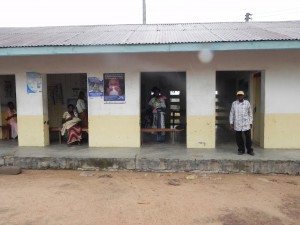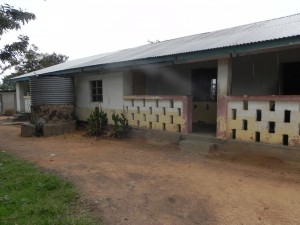Nyamuswa is located in Chamuriho ward in Bunda district. It is a capitol of this ward and has its twin sister village called Makongoro. These villages together has a population of about 6000 people. Nyamuswa is located about 15 miles from Butiama which has become a new district. this is a birth place for the first president of Tanzania Mwl Julius Nyerere. If you keep going north, there is the city of Musoma which is about 41 miles from Nyamuswa.
Nyamuswa has been divided into Nyamuswa A and B recently, so as Makongoro. Most people who live in the area are from ikizu tribe, they speak kikizu and kiswahili which is a national language. There are people from other tribes which live in the area who also has adopted kikizu. There are Christians and Muslims who live side by side and others who still follow traditional worship. People of Nyamuswa are very friendly and welcoming.
Many people who live Nyamuswa are peasant farmers, some keep cows but this activity has decreased over the years due to lack of land for grazing and shortage of water (drought). Other people are engaged in small business like selling produce, fruits etc. Majority of people are poor who live on under $ 1 a day. Clean drinking water still a problem, people depend on traditional wells and no tap water. Every Sunday is a market day (mtera) where people from other villages come and bring their product to sell in Nyamuswa.
In Nyamuswa there is a dispensary with 30 beds which provides medical services to the people of Nyamuswa and other villages. It is run by medical staffs who lack proper equipment’s and training to do their job. They work very hard in a very difficult environment. Communicable diseases like diarrhea, malaria, HIV/AIDS is a huge problem in this area. Very recently Zinduka (NGO) also has open another small dispensary run by a retired medical assistant to help people, they charge a fee for their services.
In Nyamuswa area there are two primary school one in Nyamuswa side and another in Makongoro side. There is Makongoro secopdary which has been built by villagers and run with the help of government. There is a small police station to help provide security and a court house. This is Nyamuswa the place I love.



